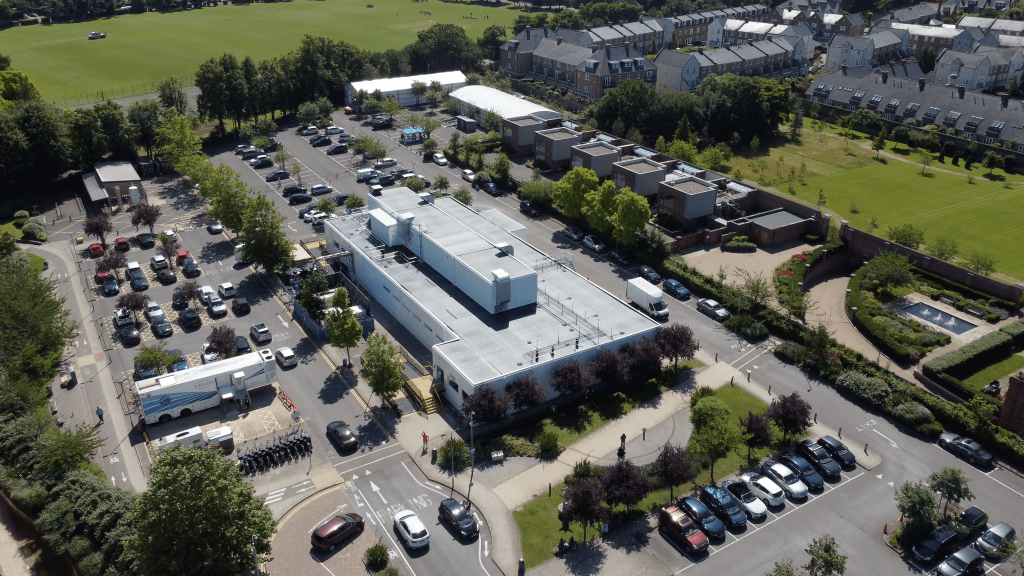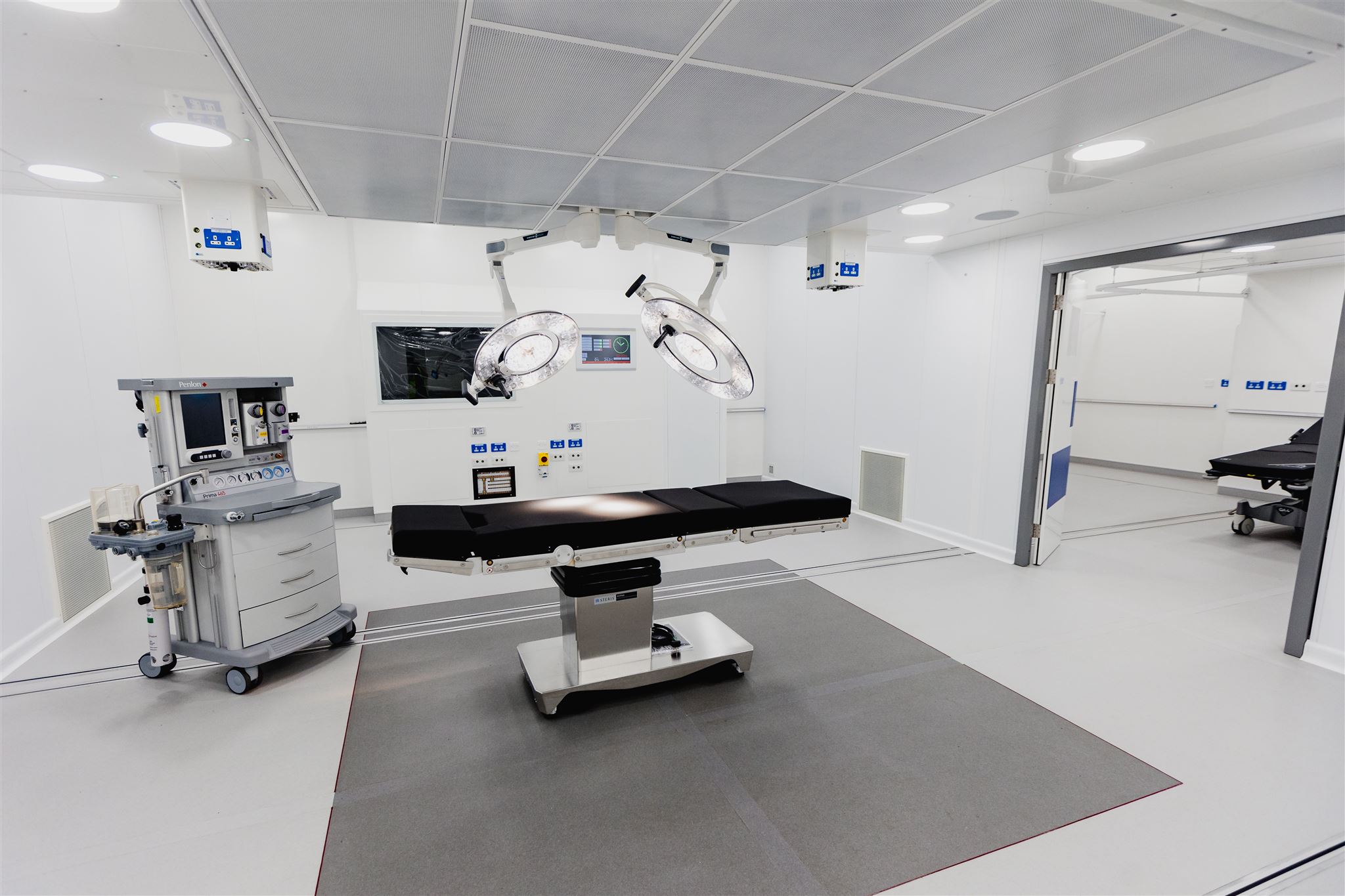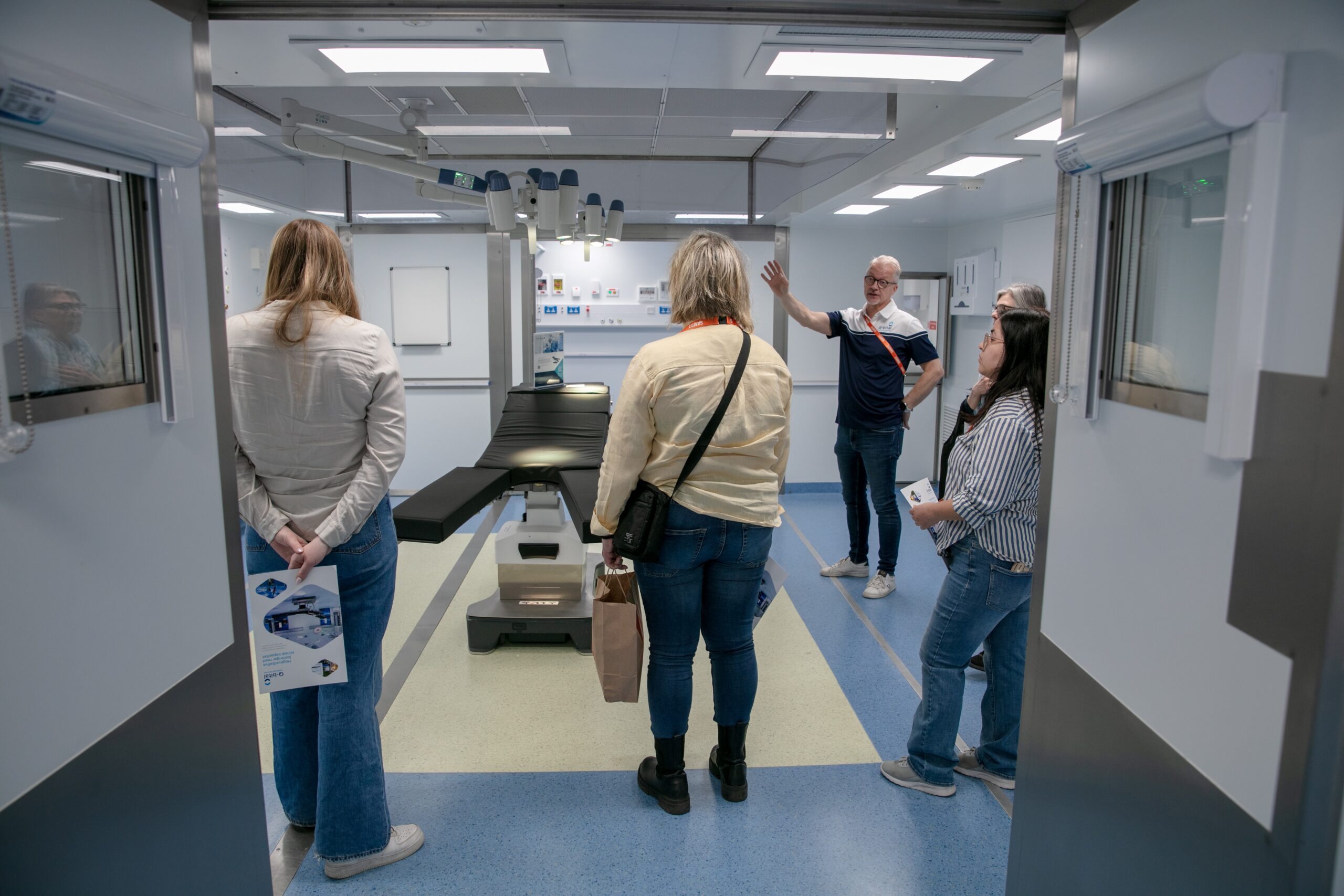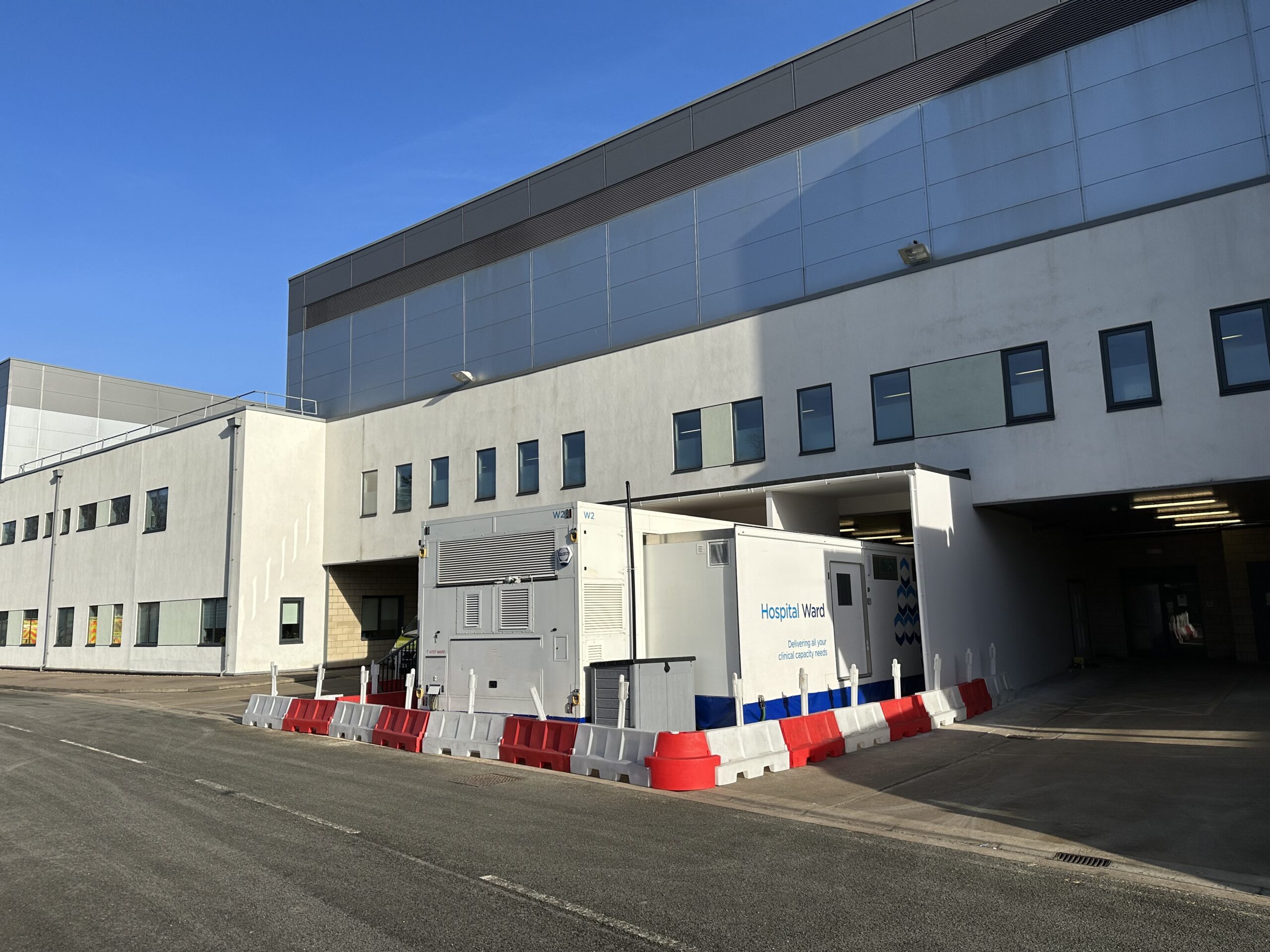La sospensione delle cure elettive all'inizio della pandemia di Covid-19 alla fine di marzo 2020 ha comportato il più grande arretrato nella storia del NHS, con 6,1 milioni ancora in lista d'attesa del SSN entro marzo 2022, inclusi 24.000 pazienti in attesa da oltre due anni. La variante Omicron e le frequenti carenze di personale durante i mesi invernali hanno contribuito poco a migliorare la situazione, con il National Audit Office (NAO) che prevede che le liste d'attesa continueranno a crescere fino a raggiungere una cifra compresa tra 7 e 12 milioni entro Marzo 2025.
Mentre gli operatori sanitari e gli enti sanitari di tutto il Paese lottano per far fronte agli arretrati di cure elettive, è diventato chiaro che una specialità in particolare è stata gravemente colpita.
La salute delle donne è passata in secondo piano durante la pausa delle cure elettive e, con la ridistribuzione del personale verso specializzazioni più critiche, le già lunghe liste d'attesa si sono ulteriormente allungate. Durante la pandemia, l'obiettivo principale dei reparti di Ostetricia e Ginecologia (O&G) è stato quello di fornire servizi di maternità sicuri e urgenti, dando priorità alla diagnosi e al trattamento dei tumori ginecologici e fornendo servizi di emergenza relativi ai problemi che si verificano nelle prime fasi della gravidanza. Infatti, uno studio condotto dal Royal College of Obstetricians and Gynaecologists (RCOG) ha dimostrato che circa 53% degli operatori sanitari hanno ridistribuito consulenti e specialisti associati specializzati (SAS) per supportare l'ostetricia, con 50% dei ginecologi che si sono rivolti all'ostetricia d'urgenza. Ciò ha comportato che elementi essenziali, come interventi chirurgici d'urgenza, assistenza post-parto e servizi oncologici femminili, siano stati sottovalutati.
Dall'inizio della pandemia di Covid-19, le liste d'attesa per la ginecologia hanno continuato ad aumentare drasticamente, con un totale combinato di 570,000 donne in lista d'attesa in tutto il Regno Unito entro dicembre 2021. Le attese sono aumentate vertiginosamente 60%, più acuto di qualsiasi altra specialità, con più di 1.300 solo in Inghilterra lasciati in lista d'attesa per oltre due anni, tuttavia il LCP suggerisce che questo non rifletta la reale portata del problema in questione. Oltre agli effetti debilitanti che tali problemi possono avere sulla vita quotidiana, condizioni come l'endometriosi e i fibromi possono portare a problemi di fertilità se non trattate. Con molte donne che aspettano l'intervento chirurgico prima di iniziare il trattamento e un limite di età per la fecondazione in vitro previsto dal Servizio Sanitario Nazionale, molte donne si sono trovate in situazioni devastanti. In un sondaggio condotto da RCOG su 837 donne, l'80% ha dichiarato di aver subito ripercussioni sulla propria salute mentale, 61% hanno ammesso di sentirsi disperate per le lunghe attese e un'ulteriore 63% si è sentita ignorata.
La pandemia ha evidenziato la reale portata delle disuguaglianze sanitarie regionali nel Regno Unito, con un rapporto del Fondazione per la Salute a luglio 2021 dimostrando che le persone appartenenti a comunità meno abbienti e minoritarie hanno maggiori probabilità di subire conseguenze più gravi sia del Covid-19 che delle implicazioni che ne conseguono. Infatti, per la ginecologia, 8 dei 10 Clinical Commissioning Group (CCG) più colpiti si trovavano nel Nord-Ovest del Regno Unito, aggravando la necessità di affrontare le variazioni geografiche nell'assistenza. A tal proposito, a seguito di una richiesta di prove da parte del Dipartimento della Salute e dell'Assistenza Sociale nel marzo 2021, è stato rivelato che solo 2 su 5 Le donne ritengono di poter accedere facilmente ai servizi sanitari a livello locale. I principali risultati che migliorerebbero i servizi includono una maggiore diversità geografica, una migliore formazione dei medici di base e un aumento del numero di specialisti in patologie ginecologiche. Per affrontare con successo il crescente arretrato di visite ginecologiche elettive, è chiaro che è necessario un approccio localizzato per affrontare le aree in cui le disparità regionali sono maggiori, portando illotteria dei codici postali' per porre fine alle cure ginecologiche.
Alla fine del 2021 il Royal College of Surgeons (RCS) ha pubblicato un rapporto Si chiede l'introduzione di centri di chirurgia elettiva per affrontare l'arretrato di cure elettive che gli operatori sanitari e gli enti sanitari di tutto il Regno Unito devono affrontare. L'introduzione di strutture chirurgiche indipendenti non solo fornisce una capacità clinica aggiuntiva in modo rapido ed efficiente, ma massimizza anche il controllo delle infezioni all'interno delle strutture sanitarie, aumentando la fiducia sia dei pazienti che del personale e riducendo quindi il numero di pazienti che non si presentano agli appuntamenti di cura programmati. La natura flessibile di questi spazi sanitari garantisce che le strutture possano essere adattate alle esigenze locali specifiche, garantendo che le liste d'attesa per le cure ginecologiche acute possano essere gestite di conseguenza, liberando spazio all'interno dell'ospedale principale per procedure più complesse, come l'ostetricia d'urgenza.

L'introduzione di spazi sanitari flessibili ha avuto successo nel supportare l'aumento della domanda di servizi di maternità nei Paesi Bassi attraverso l'introduzione di una sala parto mobile presso Ospedale Wilhelmina di AssenLa sala parto, completamente attrezzata, era perfettamente collegata all'ospedale principale e, per tutta la durata del contratto, vi sono nati 125 bambini. L'introduzione di questa struttura per la maternità su misura dimostra l'efficacia dell'ampliamento delle strutture sanitarie femminili per far fronte alla crescente pressione sui servizi di maternità e sostiene le più ampie richieste di implementazione di centri chirurgici e di soluzioni di capacità aggiuntive per ridurre le liste d'attesa per le cure acute.
Inoltre, è stato stimato che quasi 1,5 milioni di donne hanno avuto lo screening del cancro al seno ritardato tra 2 e 7 mesi tra luglio 2020 e giugno 2021, portando a circa 687 ulteriori decessi per cancro al seno, decessi per tumore diagnosticato tramite screening e DCIS. I servizi di screening mammografico sono stati sospesi a fine marzo 2020, con strutture disponibili solo per le pazienti a rischio più elevato o con riscontri pregressi, e sono stati ripresi solo su invito il settembre successivo. A causa delle intensificate misure di controllo delle infezioni, della carenza di personale e delle pressioni sulla capacità, i servizi di screening non sono tornati ai livelli di capacità precedenti, creando ulteriore rischio per le pazienti non diagnosticate. Ciò ha portato a un aumento delle richieste di finanziamento per centri diagnostici comunitari (CDC), in particolare nelle aree in cui l'accesso all'assistenza sanitaria è meno facilmente disponibile.
Lo screening del seno riduce il numero di decessi per cancro al seno 1,300 all'anno, sottolineando l'importanza di implementare servizi comunitari per incoraggiare la diagnosi precoce. Questo mese è stato annunciato che i CDC hanno erogato oltre 700.000 test aggiuntivi nei 73 centri già esistenti in Inghilterra, portando i servizi sanitari alle comunità locali e contribuendo a ridurre le disuguaglianze sanitarie regionali.
C'è ancora molto da fare per affrontare la disparità di genere nell'assistenza nel Regno Unito, con il RCOG che chiede una revisione della definizione delle priorità in materia di assistenza per riconoscere la sofferenza nascosta vissuta dalle condizioni di salute delle donne. I piani di recupero elettivo dovrebbero affrontare crescita allarmante delle liste d'attesa ginecologiche Rispetto ad altre specializzazioni, tra cui il supporto a soluzioni locali e l'utilizzo di centri chirurgici. Soluzioni flessibili per aumentare la capacità chirurgica e di screening, in particolare nelle aree in cui l'accesso alle strutture sanitarie è più scarso, non solo contribuiranno a ridurre le liste d'attesa, ma contribuiranno anche a migliorare la qualità della vita complessiva delle donne che soffrono di questa patologia.



Q-bital Healthcare Solutions
Unità 1144 Regent Court, The Square, Gloucester Business Park, Gloucester, GL3 4AD
